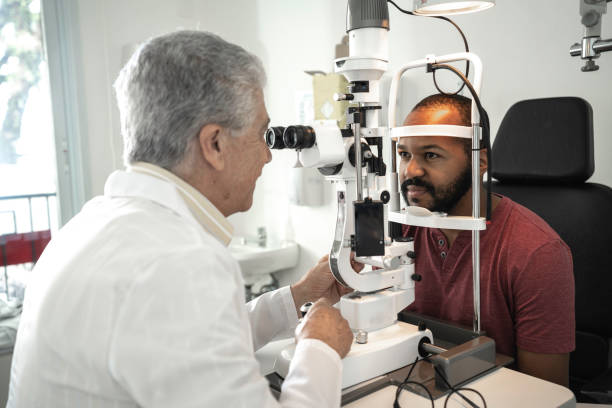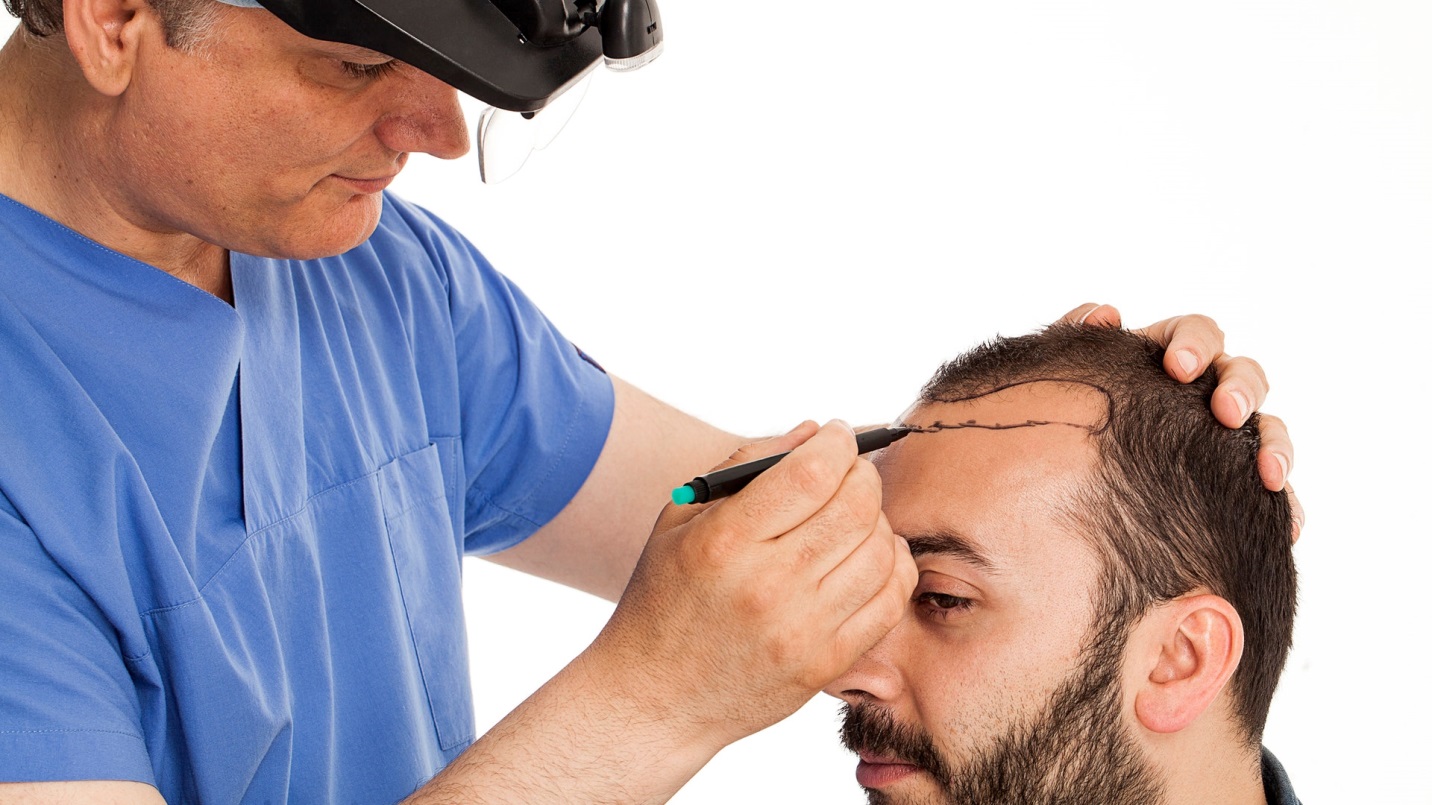Some of the habits that you have become accustomed to can harm your eyes. Eye surgery is very safe in most cases, but there are still possible complications that you should be aware of.
Certain habits should be avoided after you have undergone a surgical procedure. For example, you will need to avoid rubbing your eyes after your eye surgery until your eyes have fully healed.
Here, our focus will be on everyday habits that you will need to control after eye surgery to avoid complications and accelerate healing.
Everyday Habits that Can Hurt Your Eyes After an Eye Operation
Forgetting to wear protective glasses, such as sunglasses, can harm your eyes, as the sun’s harmful UV rays can cause vision problems. Rubbing your eyes will injure your eyes and possibly cause infection if your hands aren’t clean.
Skimping on sleep will also prolong the healing process and can lead to fatigue, eye strain, and headaches. The eye makeup that you use, if applicable, should also not be expired, as expired makeup can cause a wide array of potentially serious health problems.
Also, if you smoke, please refrain from smoking while your eyes heal, as smoking will impede your body’s ability to heal and may also cause blood clots. Eye drops should also be used as prescribed. In other words, use them as scheduled, without overusing them.
You should also eat a well-balanced diet while you recover from your surgery. A well-balanced diet will help prevent nutritional deficiencies, accelerate healing, and will provide you with more energy throughout the day.
Try to cut back on gaming and movies as well if possible. Try to avoid staring at screens for prolonged periods to reduce the risk of eye strain, fatigue, and headaches. Phone and tablet use should also be reduced while you recover.
Many people also make the mistake of not drinking enough water after surgery. Your body will need to be hydrated to heal, and your eyes are no exception.
Things You Need to Do for Faster Recovery After Eye Surgery
You should drink between 6 to 8 glasses of water a day for at least a week after your eye operation to ensure optimal hydration. Use the eye drops that your surgeon has prescribed as directed.
If you have trouble administering your drops, you can ask a family member or friend to place them in your eyes. Discard your eye drops as soon as you have finished using them. Moreover, you should avoid any sports.
While sports can be fun and serve as a great way to stay in shape, they can cause serious injuries. You may feel weak after your operation, and your vision may also be blurry.
Try to avoid vigorous exercises and other activities until your surgeon tells you it is ok to resume your routine. You should also wear your eye protection glasses until your eyes are fully healed.
In some cases, your surgeon may ask that you wear an eye patch or eye patches at certain times of the day or while you sleep to protect them. For example, you may accidentally hit yourself while asleep, or you may roll off the bed and fall flat on your face.
Light exposure should also be kept to a strict minimum. The sun’s UV rays can be very harmful to the eyes, so we suggest that you play it safe and avoid excess light exposure until you have fully recovered.
Also, if you do need to go out, wear sunglasses that provide adequate UV protection to protect your eyes. Moreover, eating a balanced diet is also key to a quick recovery.
Avoid foods that are high in sodium, sugar, and trans and saturated fats. Omega-3 fatty acids are good for the body and may also have some heart-health benefits.
Foods rich in vitamins, minerals, and antioxidants will also help accelerate the healing process and promote optimal ocular and gastrointestinal health. Avoid alcohol consumption and smoking while you recover from your operation as well.
Perhaps most important of all, you need to get plenty of rest. Try to sleep for at least 7 to 8 hours a day, and avoid stressful or stimulating situations that may keep you up at night. Avoid liquids after 8:00 as well, as they may cause you to wake up in the middle of the night.
Eye correction surgery has many benefits, and healing tends to be quick. Still, you should take it easy for the first few days just to be on the safe side.
Is Blue Light Bad for Your Eyes?
Blue light is a form of wavelength that is contained in a light ray. For example, sunlight contains several different wavelengths, including red, yellow, and blue. Blue light rays are quite short, but they contain large amounts of energy.
Most people are exposed to blue light via the sun, but there are also other sources of blue light that you should be aware of, including televisions, smartphones, computers, LED lights, and fluorescent lights.
Blue light is designed to manage the sleep-wake cycle. Being exposed to blue light during the day or first thing in the morning may have health benefits. However, being exposed to blue light for prolonged periods may be harmful, such as while you sleep.
Blue light is designed to keep you awake by suppressing the release of melatonin, the sleep hormone. As such, try to reduce your exposure to blue light sources before you go to bed.
Sleep Matters
It is important to get plenty of quality sleep for at least a week after your eye surgery. Avoid stressful situations, sports, and intense exercise routines until you fully recover. Eating a balanced diet and staying hydrated will also help accelerate the healing process.















